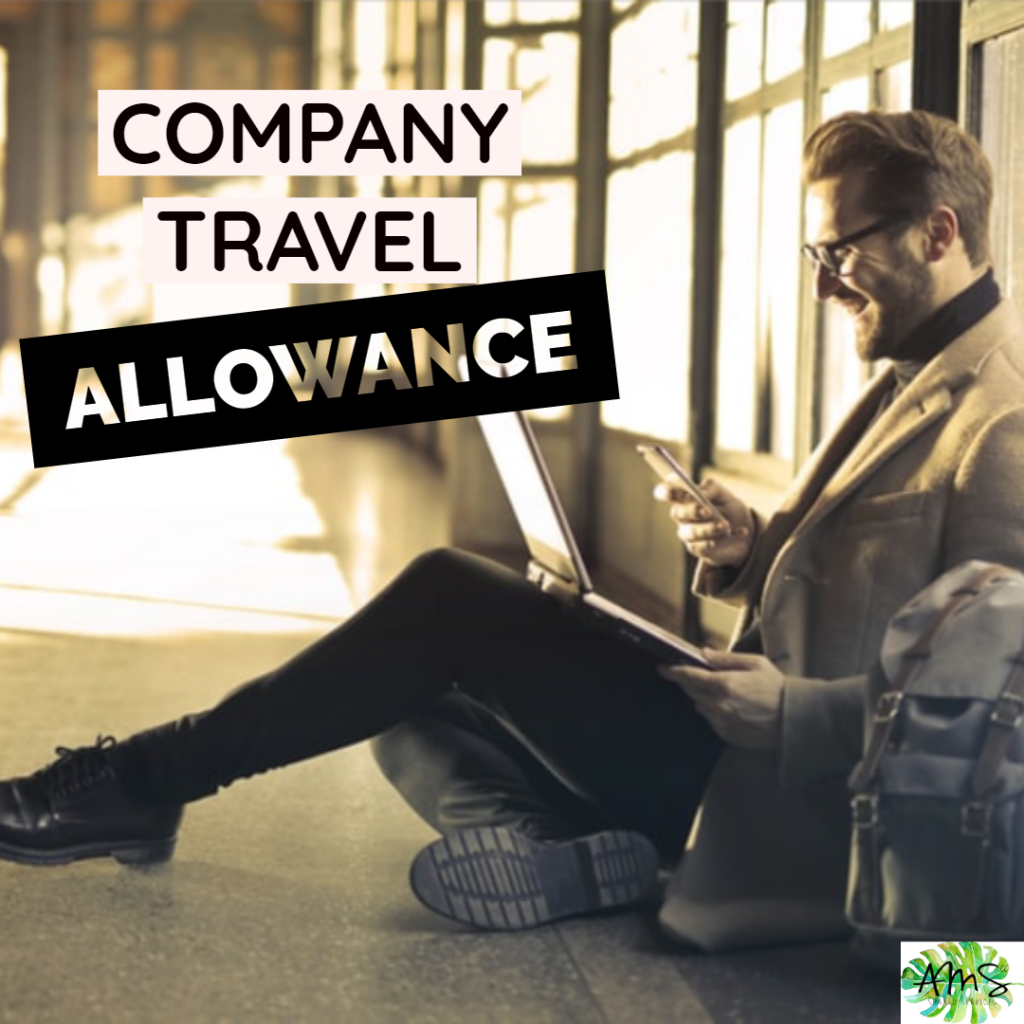Calculating a travel deduction if you are in receipt of a Company travel allowance
The Income Tax Act No.58 of 1962 allows taxpayers who receive a company travel allowance to claim a deduction for the use of their private vehicles for business purposes. It is important to note that travel between your home and place of work cannot be claimed and is regarded as private travel.
In order to claim a deduction, the first step is to record your vehicle’s odometer reading on 1 March each year (the first day of the tax year for individuals), and again on the last day of February the following year (the last day of the tax year for individuals). The difference between the closing and opening readings will give you your total kilometers traveled for the year.
Without these readings, you cannot claim a tax deduction!
Once you have taken down these readings and worked out your total travel for the year, you can start calculating your travel deduction.
First you need to calculate what portion of the total kilometres travelled was for business use.
It is now compulsory to keep a logbook of all your travel in which you record your business kilometres if you want to claim a travel deduction. The logbook must contain the following minimum information relating to your business travel:
- Date of travel
- Kilometres travelled
- Travel details (where to and reason for the trip)
Note: Where you used more than one vehicle in the tax year, a separate logbook must be kept for each vehicle that was used.

Without a logbook, you will not be able to claim a travel deduction.
You are now ready to calculate the amount of your claim.
As a taxpayer you have two choices:
1. You can calculate your claim based on the table of costs supplied by SARS each year. You will find the cost tables which apply to the tax year from 1 March 2019 to 29 February 2020 on the next page of this logbook. You need not have kept an accurate record of all your expenses – simply use the costs linked to the value of your vehicle.
2. Alternatively, you can calculate your claim based on the actual costs. You will have to have kept an accurate record of all your expenses during the year, including fuel, maintenance, lease and insurance costs.
Rates per kilometre, which may be used in determining the allowable deduction for business travel against an allowance or advance where actual costs are not claimed, are determined by using the following table:
Note:
- 80% of the travelling allowance must be included in the employee’s remuneration for the purposes of calculating PAYE. The percentage is reduced to 20% if the employer is satisfied that at least 80% of the use of the motor vehicle for the tax year will be for business purposes.
- No fuel cost may be claimed if the employee has not borne the full cost of fuel used in the vehicle and no maintenance cost may be claimed if the employee has not borne the full cost of maintaining the vehicle (e.g. if the vehicle is covered by a maintenance plan).
- The fixed cost must be reduced on a pro-rata basis if the vehicle is used for business purposes for less than a full year.
- The actual distance travelled during a tax year and the distance travelled for business purposes substantiated by a log book are used to determine the costs which may be claimed against a travelling allowance.

Alternative simplified method:
Where an allowance or advance is based on the actual distance travelled by the employee for business purposes, no tax is payable on an allowance paid by an employer to an employee up to the rate of 361 cents per kilometre, regardless of the value of the vehicle.
However, this alternative is not available if other compensation in the form of an allowance or reimbursement (other than for parking or toll fees) is received from the employer in respect of the vehicle.
Note:
The rates in the Fixed Cost Table are adjusted periodically. The rates in the table on this page relate only to the 2019/20 tax year, i.e. from 1 March 2019 – 29 February 2020.

Company Cars
Employees may also be entitled to claim a reduction on the fringe benefit in respect business mileage travelled in motor vehicles provided by an employer. In order to claim such a deduction, an accurate record of mileage travelled is required. This logbook may also be used for this purpose. The same minimum information as set out above is also required for company cars.

